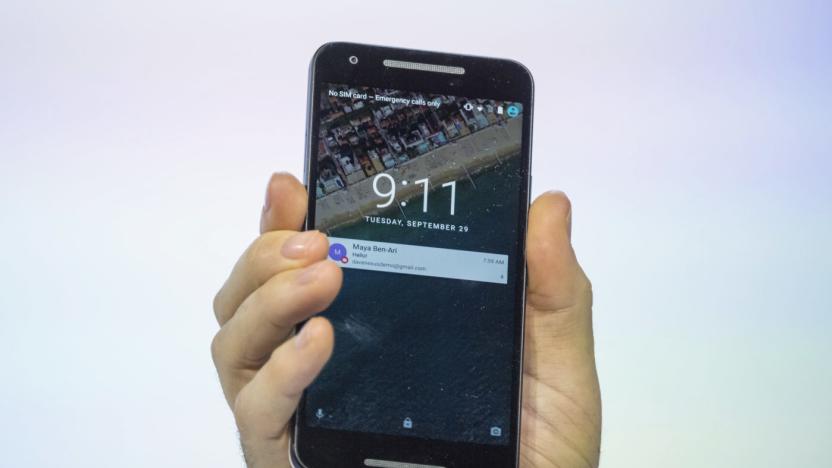quickstep
Latest

Google opens up its tool for testing your Android phone's lag
For years, Google has had tools to test the lag in Android and Chrome OS devices, letting it know when bad hardware or sloppy software is causing delays in touch input or voice commands. Wish you could check that lag yourself? As of now, you can: Google has posted the source code for WALT, its latency timer. While you'll need to build some Arduino-based hardware to perform the tests, Google promises that the whole thing will cost you less than $50. You won't need to go all-out and recreate the company's TouchBot, then. True, this will mostly be useful to developers who need to check their code, but it could come in handy if you've ever wanted to prove that a phone was unacceptably sluggish.

Google built a machine to test the speediness of laptop trackpads
An unresponsive trackpad can ruin a laptop. But how do you test for that without having access to ready-made equipment? If you're Google, you build your own machine. The company's Chrome OS team has created the Quickstep, a USB add-on that uses a laser to gauge trackpad latency on Chromebooks. Whenever you break the laser's beam with your finger, Quickstep measures the delay between that and the registered touch input. The device only looks for drag activity, but it's simple -- you can even build it yourself, if you're handy with electronics. Whether or not you're that interested, Google's project should take some of the frustration out of future Chrome hardware.
